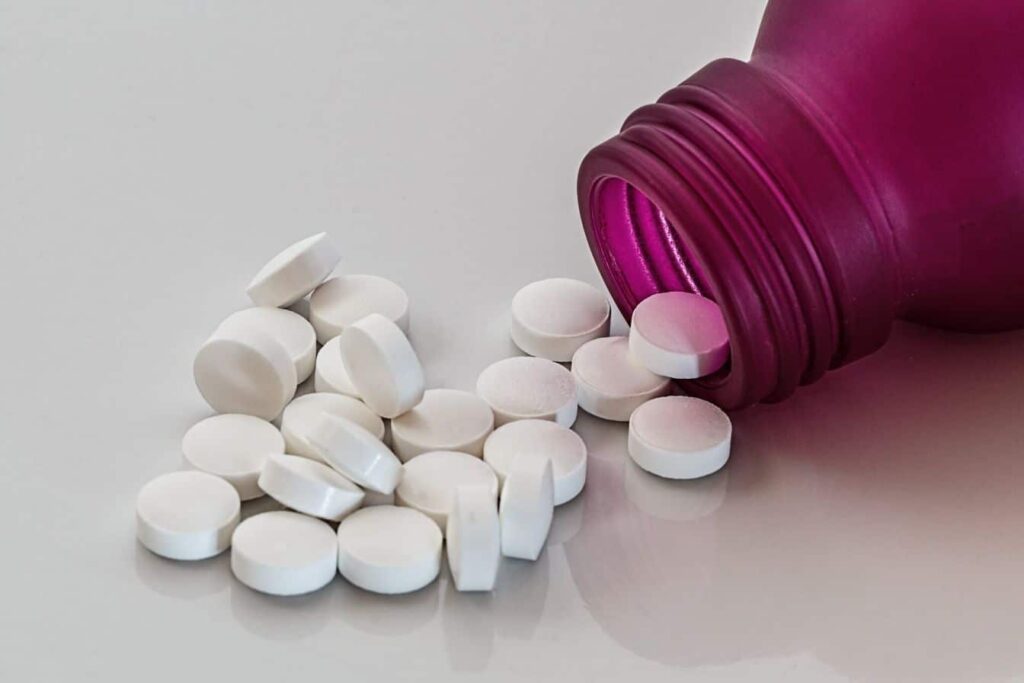The crime of operating under the influence (OUI) in Massachusetts is governed by the Massachusetts General Laws Chapter 94, § 24, and Chapter 94, § 24D. This crime can also be referred to as Drunk Driving or Driving Under the Influence of alcohol, drugs, or other intoxicating substances. A person that has been arrested on counts of operating a vehicle or heavy machinery under the influence of alcohol or other intoxicating substances will require the services and legal experience of a Boston DUI Lawyer to represent their interests in court.

Working with a DUI lawyer opens the defendant to a number of benefits, especially as the lawyer is in a better position professionally to familiarize the defendant with the full extent of the charges that have been made against them, as well as the penalties and possible defense strategies which can be adopted in order to secure a favorable outcome.
The penalties associated with OUI or DUI cases vary based on a number of factors including whether the person has been charged with any prior OUI crimes, as well as other aggravating factors such as injuries, the presence of a minor in the vehicle, or death.
In most cases, people who are arrested and charged with drunk driving are people who mostly do not have any prior criminal records thus making the work easier for their attorneys and also reducing the possible penalties that may be associated with their case. If a person has been arrested for an OUI/DUI offense with no prior records of convictions, such a person may be faced with some penalties according to the Massachusetts law.
Criminal Penalties for First Offence OUI/DUI in Boston
For a person who has been arrested for committing a first-time OUI crime, this person may be faced with a maximum of two and a half years in jail depending on the facts of the case. If you have been convicted for the crime of a first-time OUI offense, you may also have a fine for a certain amount. Generally, the state law earmarks a sum between $500 an $5,000 as the stipulated fine which can be levied against a convict along with an assessment fee of $250.
Other charges which the convict may be faced with include a $50 OUI victim fund fee and others depending on the decision of the court. The overall cost of the OUI defense for a first-time offender may also be aggravated when the cost of hiring a competent attorney and the subsequent increase in insurance rates are factored into the overall cost incurred by the convict.
In certain cases, a first-time OUI offender may be faced with other aggravated penalties. These penalties are designed to discourage the offender and others from engaging in similar or more complicated scenarios. Below are some complications for a first-time OUI case:
- Presence of a minor: when a first-time OUI offender has a minor passenger under age 14 in the vehicle at the time of arrest, such an offender may face a child endangerment charge. In cases like this, a conviction may be punishable by a fine of between $1,000 to $5,000 and other penalties including a jail sentence from 90 days up to two and a half years, and up to one-year driver’s license suspension.
- Medications or drugs: if the driver at the time of arrest had drugs or inhalants in their system, such a person can be ordered to attend classes on drug education or drug treatment, which comes at an extra charge to the offender.
Consequences on driver’s license
A first-time OUI offender will have to face some other consequences which may include the suspension of his or her driver’s license. The RMV (Registrar of Motor Vehicles) will be notified of the OUI conviction. A first time offender will have their license revoked by the RMV for a period of one year.
Hardship License

The offender, after a period of three months following the revocation of their license, can apply for a hardship license. This license allows the applicant access to drive vehicles for no more than 12 hours daily. To better monitor this allowance, an ignition interlock device is installed in the vehicle which the driver is expected to be using. Six months after the offender’s driver’s license has been revoked, the driver may apply for a work/school hardship license which allows such applicant access to drive to work or school at any time, with the stipulation of using an ignition interlock device.
Refusing the BAC Test
In the event you had been flagged by the police on suspicions that you may have been intoxicated, you stand a chance to refuse the BAC test. However, refusing a BAC test is not without its punishments.
If as a driver you had refused to be tested for the possible presence of alcohol or other intoxicating substances in your body system, then you violate the state’s implied consent law. As punishment for the violation of the state law, you will be faced with a penalty of suspension for 180 days.
The suspension will be added on to the one-year driver’s license revocation which is a standard punishment for conviction in an OUI offense. Drivers who have refused BAC tests are also not eligible to apply for a hardship license.
Probation as a First-Offense
In the event that the judge presiding over your first-time OUI case rules treatment to be a beneficial rehabilitation tool and the offender consents to this, the judge may order a probation program for the dismissal of the charges against the defendant.
The defendant will, however, be required to pay all fees applicable which apply to a typical DUI conviction. The judge, in addition to the probation program, may order community service of up to 30 hours to be completed by the defendant.
As conditions for the probation program, the judge will order the driver to complete a driver alcohol education course. It is also possible the judge may order treatment in a drug and alcohol rehabilitation center. The probation program, however, does not excuse the suspension of the offender’s driver’s license. The judge may order license suspension for up to 90 days. During the suspension period, the driver may apply for a hardship license.
Additional requirements may be stipulated by the court for the license and treatment may be necessary for drivers under the age of 21 and drivers with a BAC over 0.20%.
After a period of one year, the offender’s compliance with the program will be reviewed by the judge. If the judge is satisfied, he may order the probation to be terminated and the dismissal of all criminal charges.









